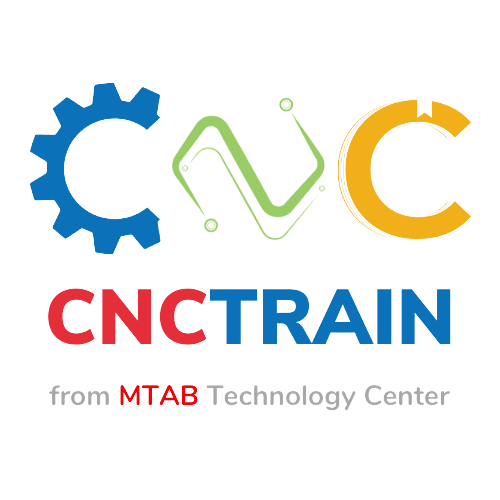About Me:
About Me:
My name is Harsha Jain. I’m currently pursuing M. Tech in VLSI Design. As an Electronics engineer, I have completed a three-month internship. Internships are the gateway to starting a career for individuals who want to become independent.
About the Internship:
About the Internship:
During the internship, I have worked on a diverse variety of software from other fields as well as the field of electronics engineering as mentioned below. Also, I had the opportunity to work with my colleagues on Standard Operation Procedure (SOP) and course-building for various themes.

Tools (Software) I have Used:
Tools (Software) I have Used:
1. UMHDL:
UMHDL is an Open-source software for learning digital designing with programmable logic devices using Hardware Description Languages (HDL) through simulation. Currently, it supports VHDL compilers like GHDL, FreeHDL, and nvc. Future versions will include various free compilers that support Verilog. It supports many languages like Spanish, English, Ukrainian, Arab, French, Chinese etc. It is feasible to work in Windows (32/64-bit), Linux (32/64-bit) and Mac OS X.
I have created a 4-bit ALU using behavioural modelling in VHDL using UMHDL 2.4 version. Using VHDL behavioural modelling and the UMHDL 2.4 version, I have produced a 4-bit ALU. To write code, finish the task, and check the results in simulation form on a Windows operating system, you must download GHDL or another compiler, as specified above, separately.
You can download this software from the below link:
https://sourceforge.net/projects/umhdl/
GHDL Compiler link:
2. AutomSim Premium:
AUTOMSIM is a circuit design and simulation software for electric, pneumatic, hydraulic, and digital electronics. The software is available for free for 40 days, but after that, we need a licence key to continue using it. For me, this software was new, so learning to use it was a little challenging. I was able to design a simple pneumatic circuit for a single-acting cylinder with the support of mentors and the materials accessible on an e-learning site from prior interns.
3. MCU 8051 IDE:
It is an open-source Integrated Development Environment for some microcontrollers based on 8051(e.g., AT89S8253). Supported languages are Assembly and C. It has a simulator, assembler, editor, and many other tools. It has many virtual hardware devices like LED, LCD Displays, 7-segment displays etc.
It has an easy user interface. I have written and compiled code for LCD in assembly language programming. We can use it for C language and also with the C compiler.
https://sourceforge.net/projects/mcu8051ide/
4. MATLAB:
MATLAB is a programming and numeric computing platform used by millions of engineers and scientists to analyse data, develop algorithms, and create models. It is used in many fields including deep learning and machine learning, signal processing and communications, image and video processing, control systems, test and measurement, computational finance, and computational biology.
Since MATLAB provides many features, it is bit difficult to learn everything at once. But if anyone has curiosity and learning capabilities, it can become easier. I have used MATLAB for Digital Signal Processing (DSP) application and have written the code for Low Pass Filter (LPF). In the e-learning platform, there are many resources available for MATLAB by previous interns and for different applications.
Software download link:
To download MATLAB, first you need to register on the below site and then you can download any version.
https://in.mathworks.com/products/matlab/student.html
5. Logisim:
An educational tool for designing and simulating digital logic circuits, featuring a simple-to-learn interface, hierarchical circuits, wire bundles, and a large component library. As a Java application, it can run on many platforms. You need to have pre-installed Java development kit to run this software smoothly.
It is easy to use software. I have designed circuit to display BCD code on 7 segment display. Software download link: https://sourceforge.net/projects/circuit/
My Learnings in this Internship:
My Learnings in this Internship:
I've discovered a lot of new information about how virtual workplaces operate, and I have a wonderful experience there while at home. My most valuable learnings were self-confidence, teamwork, time management, and communication skills.
Thanks to Mentors and Colleagues:
Thanks to Mentors and Colleagues:
Before concluding this blog, I would like to thank my mentors Jayanthi Ma’am, Tamizh Sir, Dinesh sir and everyone for their support throughout the internship. I would also like to thank all my colleagues for their constant encouragement and help.
All the best to the new interns. Happy Learning.
Thank You.
